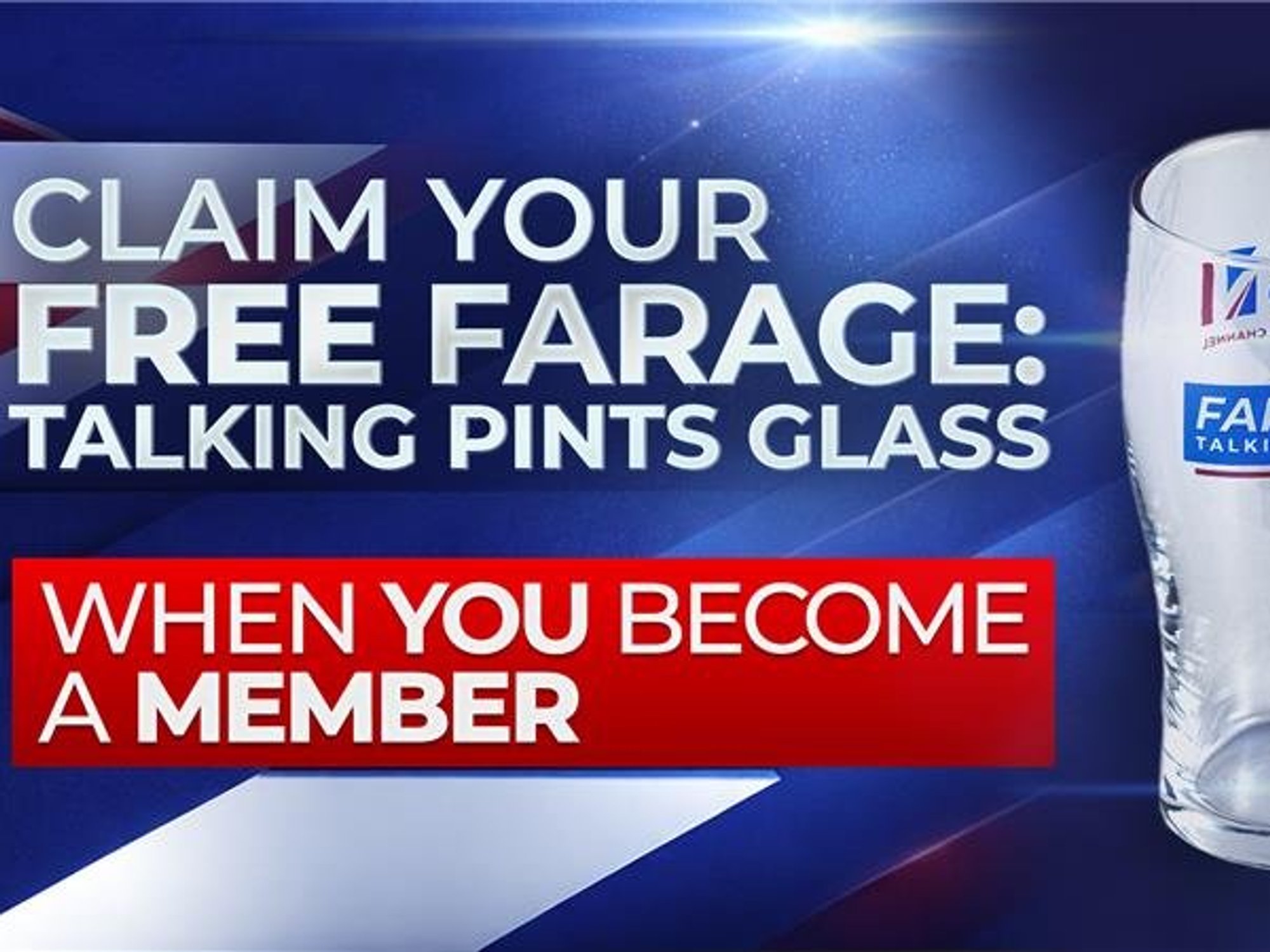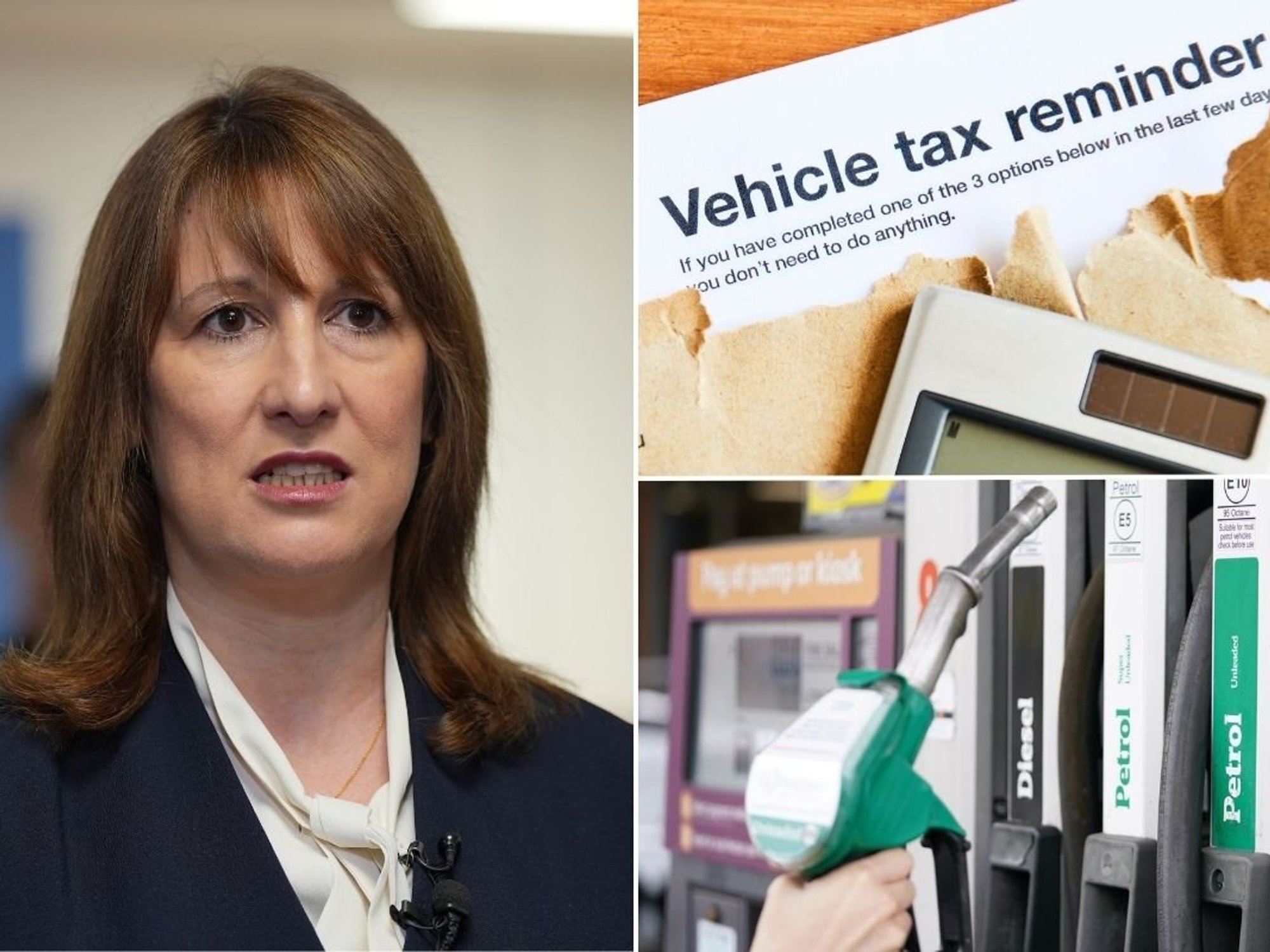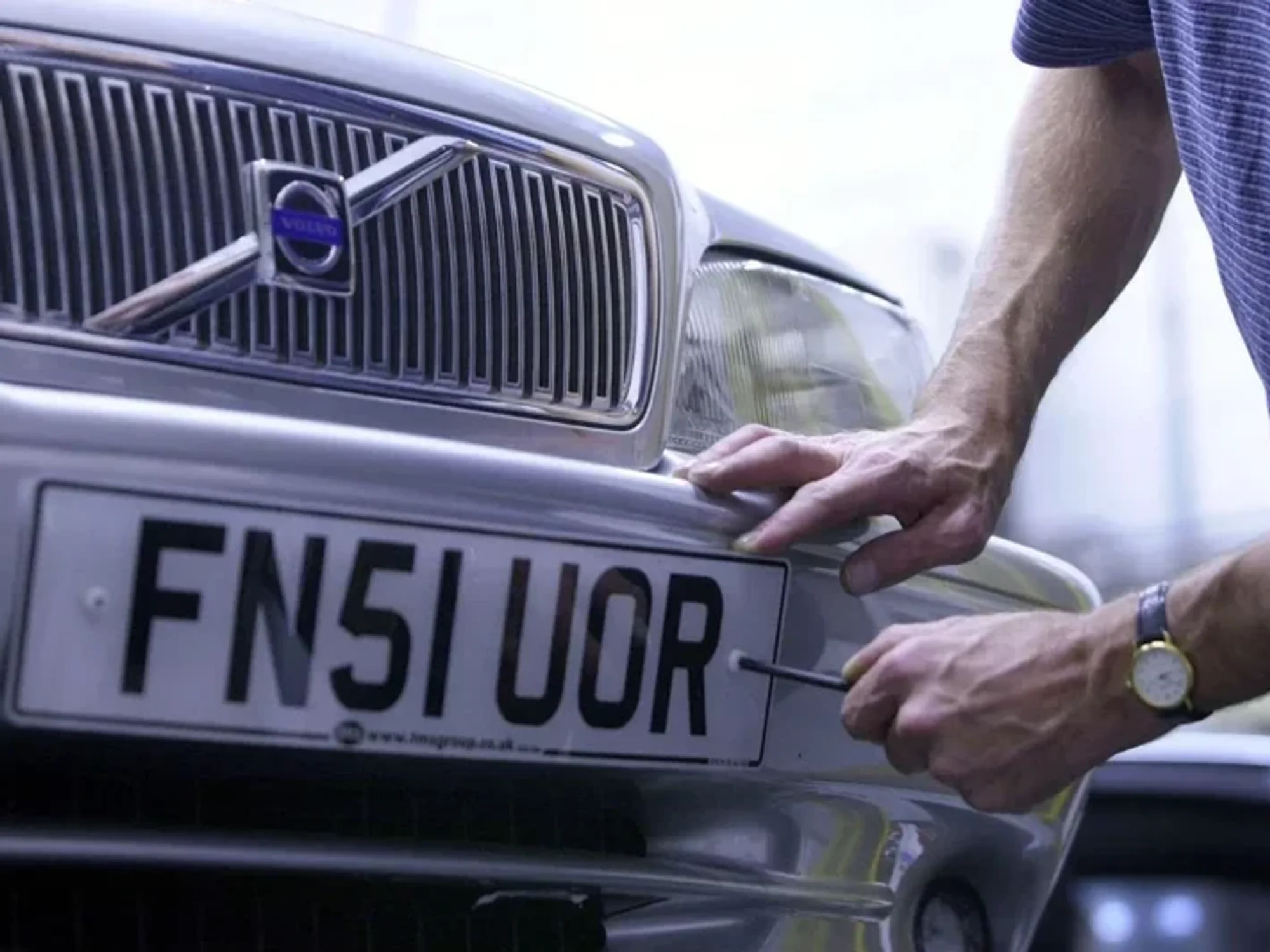Motorists with certain medical conditions face driving ban and fines for breaching DVLA rules

WATCH: DVLA urges elderly drivers to renew their licence
|DVLA

Drivers can face different road rules depending on their medical conditions
Don't Miss
Most Read
Millions of drivers could face fines of up to £1,000 and even prosecution for failing to tell the DVLA about certain health conditions.
Research revealed that around 10.3 million people in the UK live with conditions that could require mandatory reporting in order to continue on UK roads.
Experts have now warned that failing to disclose certain medical conditions could not only risk heavy fines but also lead to criminal proceedings if drivers are involved in accidents.
The most common conditions include diabetes, cancer, sleep apnoea, glaucoma and pacemaker implants. Each comes with its own rules on when drivers must notify the DVLA.
Do you have a story you'd like to share? Get in touch by emailing motoring@gbnews.uk

Drivers can be slapped with £1,000 fines for failing to disclose medical conditions
|GETTY/PA
Diabetes is the biggest factor, affecting 4.6 million people, with another 1.3 million believed to be living with undiagnosed type 2.
Cancer impacts 3.5 million Britons, while 1.5 million have sleep apnoea, a condition that can leave drivers dangerously drowsy at the wheel. Glaucoma affects more than 700,000 people, and around 500,000 have pacemakers fitted.
The DVLA dictates that notifying the authority depends on circumstances, medication and treatment.
For example, motorists on insulin for more than three months must declare it, while pacemaker recipients must stop driving immediately after fitting before notifying the DVLA. Most can resume driving after one week, unless other complications apply.
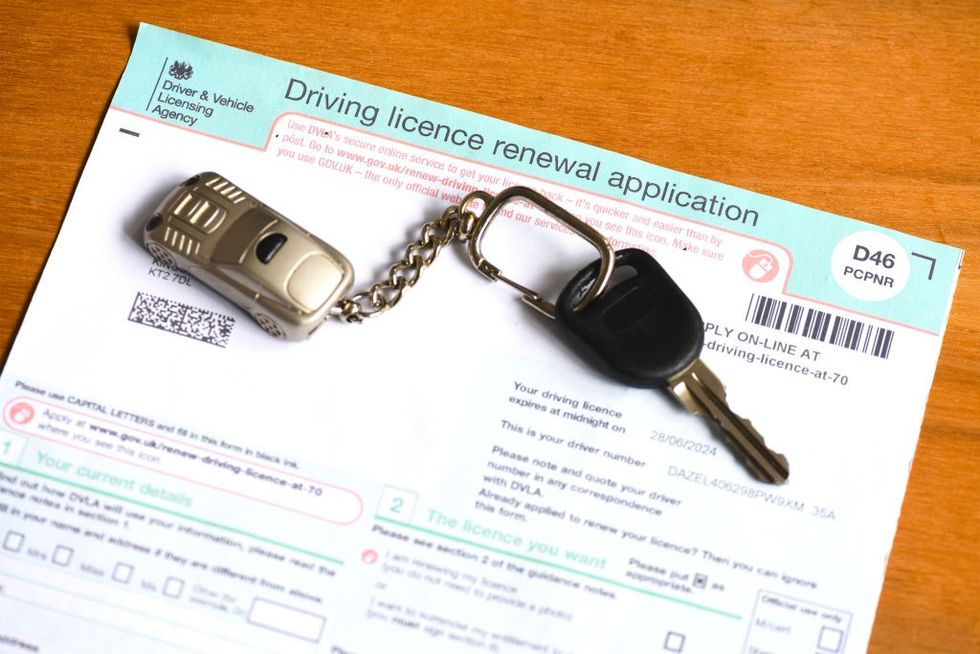
Medical conditions must be disclosed to the DVLA to continue driving on UK roads
| GETTYBen Welham, motoring specialist at cinch, warned: "The DVLA’s online checker only takes a few minutes, so it’s worth doing to avoid losing your licence or getting stuck with a £1,000 fine."
Commercial drivers face stricter rules, with those starting insulin treatment barred from driving until they get official clearance.
But for sleep apnoea patients with excessive daytime drowsiness, they must also stop driving and inform authorities. Glaucoma becomes notifiable when it affects both eyes or vision falls short of DVLA standards, Mr Welham explained.
Drivers with cancer only need to be reported in cases affecting the brain, nervous system, or where treatment causes side effects impacting driving.
LATEST DEVELOPMENTS:
- Drivers face £1,000 fine and penalty points for breaking 'confusing' Highway Code rules and 'obstructing' roads
- Car maker Lotus to slash 550 UK jobs amid 'uncertainty' and 'rapid changes in global policies'
- Drivers could see traffic volumes 'slashed by 80%' as landmark motorway project gets green light
Drivers have also been reminded to tell their insurers of medical conditions, with failure to do so risking policies becoming invalid.
"Don’t put off telling your insurance provider," Mr Welham added. "Once you know where you stand with the DVLA, update your policy straight away and avoid risking your cover."
Doctors can also advise when voluntary licence surrender is necessary, typically if someone is told not to drive for three months or longer.
To help drivers avoid penalties, experts explained that the DVLA provides an online A–Z condition checker which allows motorists to see instantly whether their health problem needs to be reported.
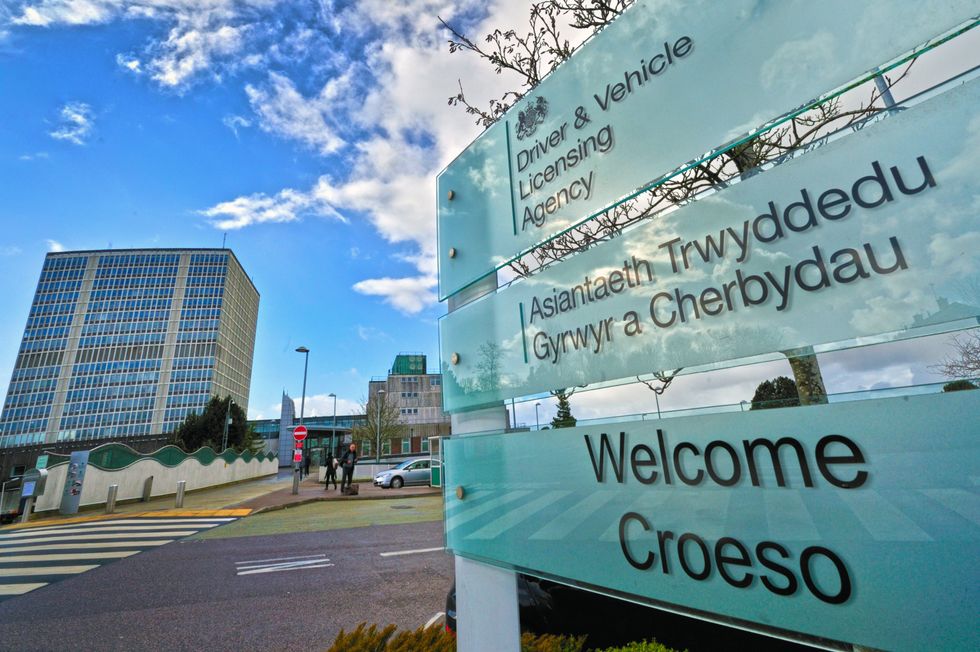
The DVLA requires drivers to disclose medical conditions
| DVLAIf a medical professional advises a driver to stop driving for three months or more, or if a condition permanently prevents safe driving, motorists are expected to voluntarily surrender their licence.
Mr Welham added: "The DVLA’s online checker only takes a few minutes. It’s worth doing to avoid losing your licence or getting stuck with a £1,000 fine if you don’t report any relevant medical conditions."
With millions of drivers affected, Mr Welham said the message is clear "if in doubt, check and declare". The potential consequences of staying silent are far more costly.





